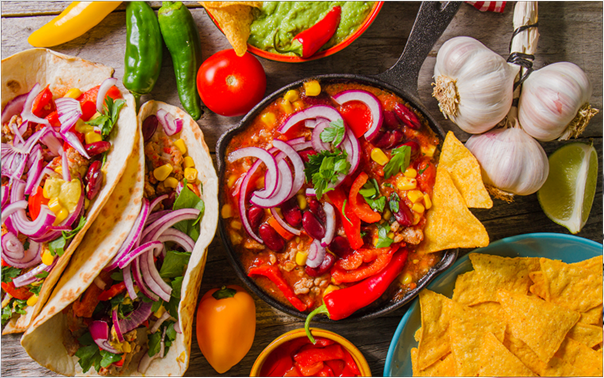For food businesses, maintaining safety and quality standards is a constant challenge. Whether managing multiple outlets, supplying retail partners, or fulfilling online delivery orders, consistency must remain a top priority. This is where a central kitchen in Singapore becomes critical. By consolidating operations into a controlled facility, businesses can streamline production, reduce risks, and ensure every dish meets the same standards. For a food hub in Singapore, central kitchens have become essential for achieving reliable performance across the industry.
Strengthening Food Safety Standards
Food safety is non-negotiable, and central kitchens provide the structure to uphold strict hygiene practices. Unlike smaller individual outlets, a dedicated facility allows businesses to standardise protocols, from ingredient handling to cooking methods. Central kitchens are equipped with proper sanitisation stations, storage facilities, and monitoring systems that reduce the risk of contamination. This systematic approach is more effective than relying on varying practices across multiple sites.
Temperature control is another key benefit. Many kitchens combine cold storage and advanced refrigeration systems, which keep ingredients fresh and safe until preparation. In line with requirements in Singapore’s food industry, these facilities often include separate areas for raw and cooked food to prevent cross-contamination. This structured workflow reduces health risks while ensuring compliance with regulations.
Increasing Efficiency in a Food Hub in Singapore
Operating within a food hub in Singapore provides additional advantages, especially in logistics and efficiency. Food hubs are designed to house multiple food-related businesses, offering access to shared resources such as cold rooms, waste management, and supply chain facilities. Being part of this ecosystem allows central kitchens to operate with greater speed and reduced overheads.
Businesses save costs by bulk purchasing raw materials, storing them securely, and processing them centrally. Deliveries to outlets become more efficient, as distribution is coordinated from one hub. This efficiency not only reduces costs but also improves turnaround times for food delivery services, which are increasingly vital in Singapore’s dining culture.
Achieving Consistency Across Outlets
Consistency is a challenge for any food business with multiple locations. By preparing core components in a central kitchen in Singapore, they can ensure every outlet serves the same quality product. Recipes are standardised, and the same batch-prepared sauces, marinades, or pre-cooked items are distributed across branches. Customers benefit from uniform taste and presentation, regardless of which outlet they visit.
This consistency also supports brand reputation, as a single poor customer experience can damage trust. A central kitchen minimises variation, as every outlet receives the same pre-prepared ingredients and products. Staff at each outlet can then focus on service and finishing touches, while the core quality remains identical.
Supporting Growth Through Scalability
As businesses expand, scalability becomes critical. Central kitchens are designed to support higher production volumes without compromising safety or consistency. With the right equipment, companies can double or triple output, enabling them to serve more outlets, explore wholesale supply, or launch new food concepts.
A food hub in Singapore also supports growth through its infrastructure. Central kitchens in these hubs often come with ready facilities for large-scale cooking, packaging, and storage, allowing businesses to expand their capacity quickly without moving to new premises. By securing a centralised base, companies can pursue new revenue streams while maintaining tight control over quality.
Why Central Kitchens Are Vital for the Future
The demand for delivery and takeaway services in Singapore continues to grow, and central kitchens are at the heart of this trend. They provide the operational backbone for cloud kitchens, delivery-only brands, and large restaurant chains alike. Food safety and consistency are fundamental to customer loyalty and regulatory compliance.
By investing in a central kitchen in Singapore, businesses can efficiently manage future challenges. With controlled environments, efficient processes, and scalable infrastructure, these facilities ensure food operations remain resilient and competitive in an evolving industry.
Conclusion
A central kitchen in Singapore is a system that safeguards quality and consistency. Within a food hub in Singapore, businesses gain access to infrastructure that enhances efficiency and supports long-term growth. For companies determined to scale sustainably while meeting high safety standards, central kitchens provide the strategic foundation for success.
Ensure your business thrives with the right infrastructure. Contact EcoFood@Mandai today to explore how a central kitchen in Singapore can strengthen your food operations.









